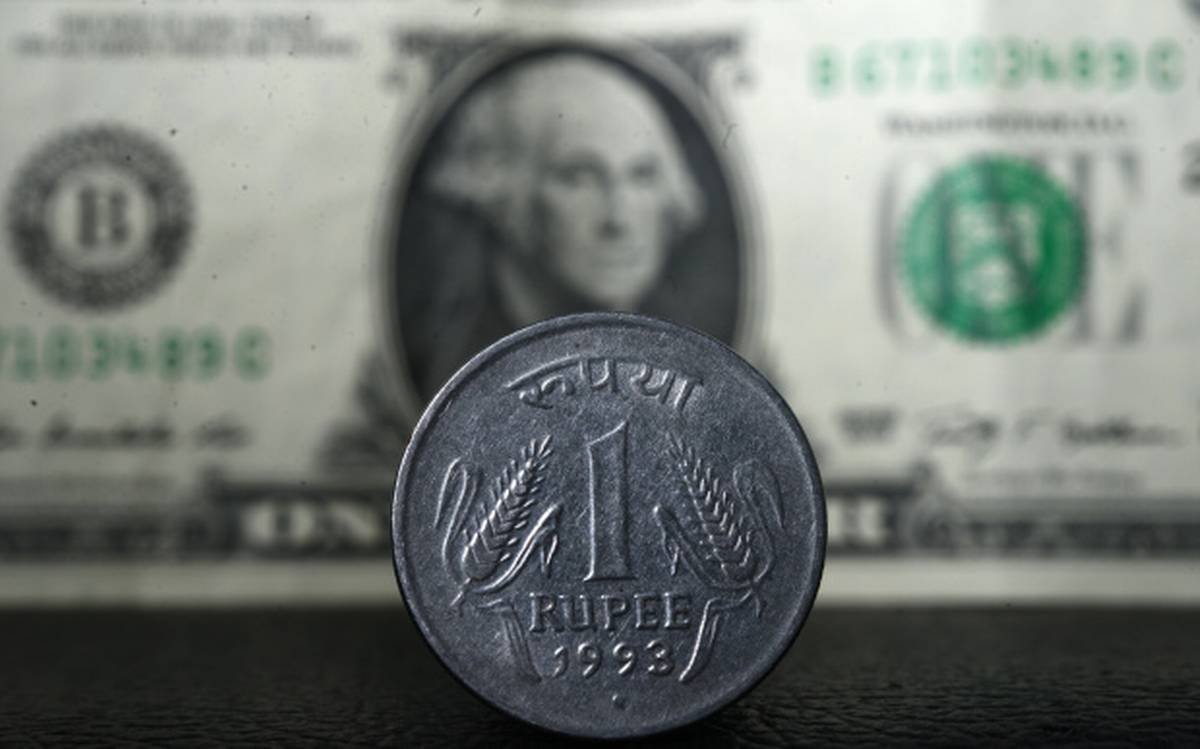July 15, 2024
New Delhi, India
USDINR Analysis
As the Indian Rupee (INR) weakened against the US Dollar (USD) in Monday’s Asian session, the latest economic data reveals significant trends impacting the currency pair. India’s Wholesale Price Index (WPI) inflation surged to 3.36% year-on-year in June, up from 2.61% in May, yet it fell short of market expectations of 3.50%. This rise in WPI, driven primarily by increased prices in food articles, crude petroleum, and other manufacturing goods, underscores the inflationary pressures facing the Indian economy.
CPI
Simultaneously, the Indian Consumer Price Index (CPI) climbed to 5.08% YoY in June, marking its highest level in four months. This uptick, driven by escalating food prices, surpassed both the market consensus and the previous month’s figure of 4.80%. Such inflationary pressures suggest that Indian consumers are grappling with rising costs, which could impact overall economic sentiment.
IIP
In contrast, the Indian Industrial Production (IIP) showed a positive trend, increasing by 5.9% YoY in May compared to 5.0% in April. This growth outpaced the estimated 4.9%, indicating robust industrial activity which could potentially buffer some inflationary impacts by boosting overall economic growth.
U.S PPI
On the international front, the US Producer Price Index (PPI) recorded a rise to 2.6% YoY in June, up from 2.4% in the previous reading and exceeding the consensus of 2.3%. The core PPI also climbed to 3.0% YoY, surpassing the expected 2.5%. These figures reflect underlying inflationary trends in the US, which could influence the Federal Reserve’s policy decisions.
Market participants are now closely watching the upcoming NY Empire State Manufacturing Index for July and the speech by Federal Reserve’s Mary Daly. These events are expected to provide further insights into the US economic outlook and potential monetary policy adjustments.
Amid these developments, the potential for Federal Reserve rate cuts and lower US bond yields might offer some respite to the INR. However, the stronger USD, bolstered by renewed demand from state-run banks and local importers, continues to exert downward pressure on the INR. Additionally, rising crude oil prices add to the challenges faced by the Indian economy, given its reliance on oil imports.
The Reserve Bank of India (RBI) remains a critical player in this scenario. Its routine interventions in the forex market aim to prevent excessive depreciation of the INR. These interventions, coupled with persistent foreign inflows into India, might help stabilize the local currency, preventing it from hitting multi-month lows.
In conclusion, the interplay between domestic inflation trends, international economic indicators, and central bank policies will continue to shape the USD/INR dynamics. Investors and traders should keep a close eye on the upcoming economic data and policy announcements, as these will provide crucial signals about the future trajectory of the currency pair and broader market sentiment.
Currency Market Update July 15, 2024
Disclaimer:
CurrencyVeda provides this news article for informational purposes only. We do not offer investment advice or recommendations. Before making any investment decisions, please conduct thorough research, consult with financial experts, and carefully consider your financial situation, risk tolerance, and investment goals. Investing in the stock market carries risks, and it’s essential to make informed choices based on your individual circumstances. CurrencyVeda is not liable for any actions taken based on the information provided in this article.


